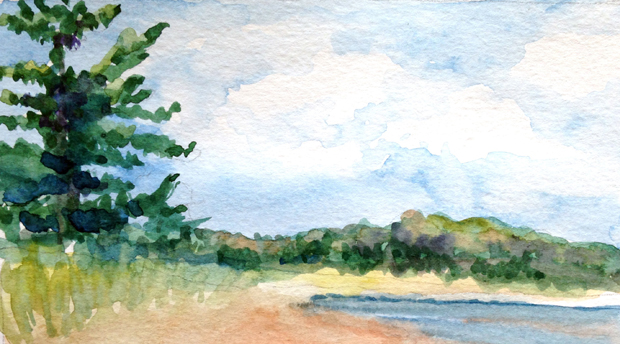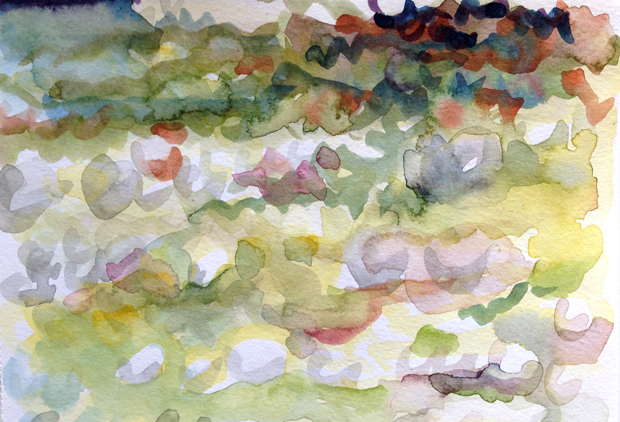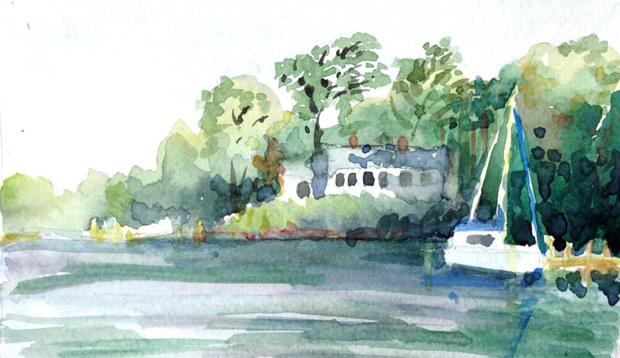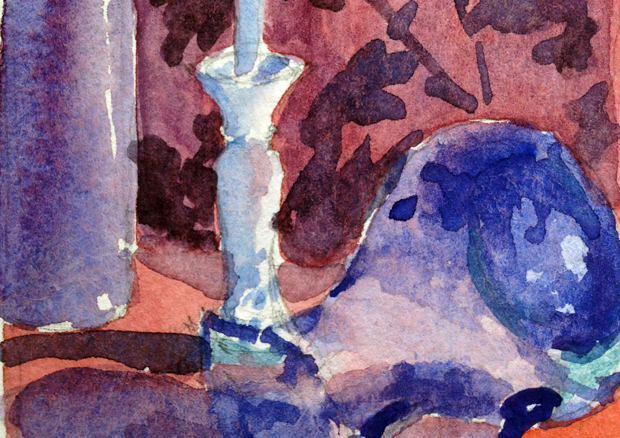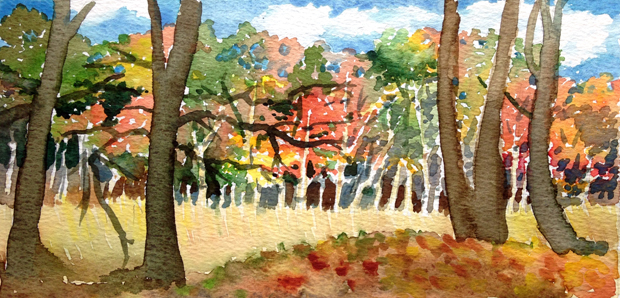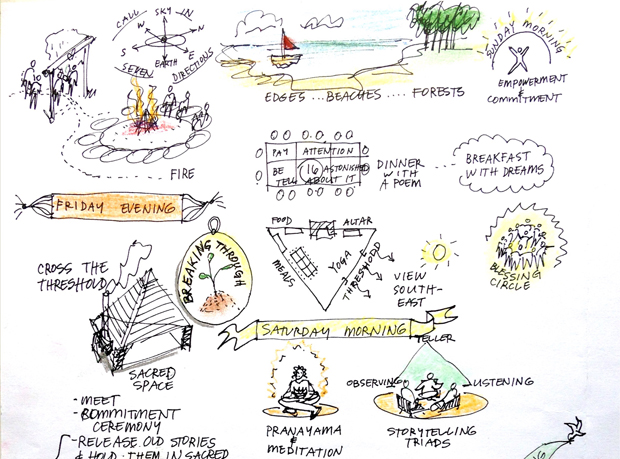 I’ve been participating in a fascinating online course convened by Charles Eisenstein called the Space Between Stories. There is an active forum as part of the course and I’ve been able to join in a few conversations with people from all over the world. One of the topics that’s captured my imagination is our longing for clarity about what to do, once we’ve recognized that the dominant cultural stories, that we were raised on and that constantly surround us, are mistaken and damaging. Once we see that, we cannot unsee it, and can go with the program only at great cost to our sanity and health. Which opens up a rather intimidating question: now what?
I’ve been participating in a fascinating online course convened by Charles Eisenstein called the Space Between Stories. There is an active forum as part of the course and I’ve been able to join in a few conversations with people from all over the world. One of the topics that’s captured my imagination is our longing for clarity about what to do, once we’ve recognized that the dominant cultural stories, that we were raised on and that constantly surround us, are mistaken and damaging. Once we see that, we cannot unsee it, and can go with the program only at great cost to our sanity and health. Which opens up a rather intimidating question: now what?
Paul Kingsnorth of the Dark Mountain Project, has a humble and inspiring list of five actions at the end of his beautiful essay, “Dark Ecology.” While I can wholeheartedly agree with his assessment, I am also aware that part of living into New Stories is that each of us must find our own way. Not in isolation, surely, but in recognition that our paths are as unique as we are. It’s such a different way of thinking that I’m constantly having to remind myself that’s it’s really okay not to know. Not to know where I’m headed or what will happen along the way, not to know if climate change will get the better of us in my lifetime or my son’s, not to know whether this awareness is going to destroy precious friendships and relationships or whether “enough” people will come to this same awareness to make a difference in all the environmental, social, and economic collapse going on around us. Not to know much at all. Continue reading →
Like this:
Like Loading...

